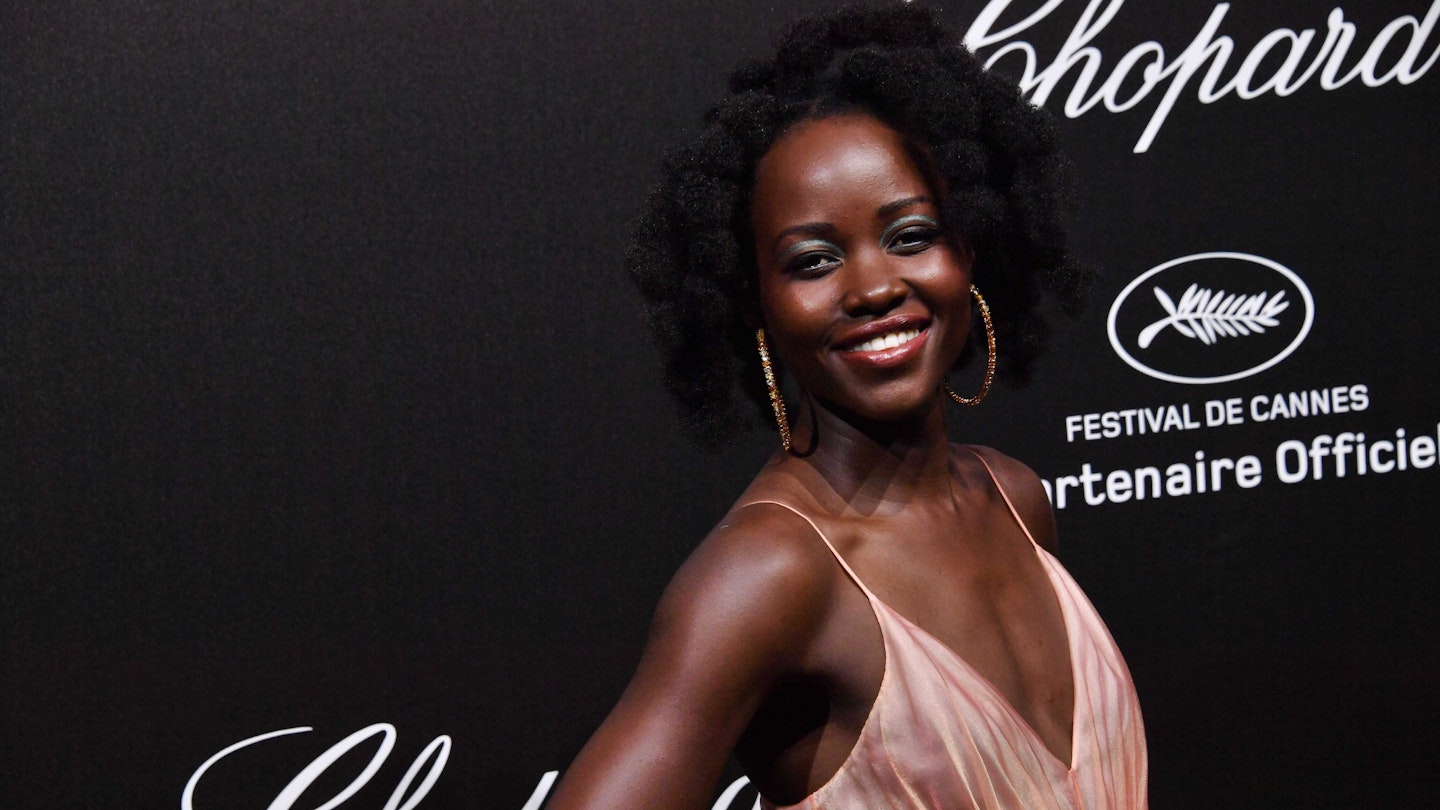"Well, he can certainly direct an action scene," said an oh-so-astute Universal exec when John Woo's award winning 21st feature landed on his desk. "Yeah, and Michelangelo can certainly paint a ceiling," fired back one Quentin Tarantino on hearing the comment. Those were the days. Back before, many would say, the big studios, big budgets and bigger egos had taken their toll, The Killer saw the director whose "mastery of action is equal to Hitchcock's mastery of suspense" (Sam Raimi) in full flight.
But as well as being Woo's ticket to Tinseltown (we can only be grateful that the subsequent Richard Gere/Denzel Washington remake never took off), and one of Tarantino's many inspirations (to the point that QT even re-fitted his own wardrobe with an array of black overcoats). Released at a time when US counterparts were simply reusing the same old tried-and-tested template, Woo's fourth foray into the genre — only a few years before, his eclectic canon of work saw him touted as "The New King Of Comedy" — redefined the boundaries.
Until now, Hong Kong cinema had been bogged down by the problematic introduction of guns into the martial arts arena. "I don't care how good you are," commented Brandon Lee, somewhat ironically in retrospect. "If I've got a piece and you're 10 feet away, you're history!" Likewise dad Bruce, who in Enter The Dragon exclaims: "Guns! Now why doesn't somebody pull out a .45 and, bang, settle it?" John Woo, though, offered audiences something new to chew on: gunplay as art form. Violence as ballet.
Having cracked his "heroic bloodshed" oeuvre with the similarly-pitched A Better Tomorrow (1986), The Killer saw Woo return to his recurring themes of brotherhood, betrayal, loyalty and, some say, the homoerotic ("although that's certainly not intentional," he notes) undercurrent to machismo. Chow Yun-Fat, Woo's first choice despite studio concerns over his TV status, is Jeff, the noble hitman forced into one last job to finance eye surgery for the innocent bystander, Jennie (Yeh), who he has accidentally blinded in an uncharacteristically messy hit. (Jennie's impediment echoed in various sequences of deliberately murky cinematography). Danny Lee, meanwhile — re-teaming with Yun-Fat after Ringo Lam's City On Fire (1987), the film now cited as the, nigh-on frame-for-frame, inspiration behind Reservoir Dogs — is the determined cop out to trap him.
The pair are modern-day Ronins: no past, no family, instead honour-bound samourai in sharp suits who, despite being divided by the line of the law, are in fact the last of the same dying breed. And when circumstance bestows cartoon nicknames on both of them, Mickey Mouse ("You're an unusual cop") and Dumbo ("Well, you're an unusual killer") and a common enemy, it makes for an awesome partnership. Today, of course, Woo has crafted a distinctive style very much his own. But here the early influences are clear for all to see. The intensity of Jean-Pierre Melville's Le Samourai (Yun-Fat also went on to become a muse for Woo in the same way Alain Delon became for Melville and Toshiro Mifune for Kurasawa); the slo-mo deaths a la Peckinpah and Leone; and the thematic links to the west (it was largely thanks to its Dirty Harry undertones that Lee would later name his production company Magnum Films) which saw Woo segue into Hollywood with such alacrity.
Similarly, hallmark touches — and this is before the bloody dove days — pepper the action. Two-handed, hyper-kinetic gunplay is a standout, as is the use of reflection to suggest imminent danger (here a villain's speedboat cruises across Yun-Fat's sunglasses as he prepares for the film's showcase hit), the trademark Mexican stand-off (today incorrectly attributed to Tarantino), and the breathtaking church showdown, adapted from the climax of The Wild Bunch and so effective that Woo would employ the same location for Face/Off a decade later.
And if that finale caused controversy, with the Methodist director detonating an effigy of the Virgin Mary in the general melee — "She symbolises all that is good and pure," he explained. "When the villains destroy the statue it's like they're destroying the last goodness" — it was nothing he couldn't take in his stride. (Particularly since Woo's were not the only films implicated in the alleged glamorization, and subsequent rise in membership, of the triads in the 80s).
Nonetheless, it is apt that the climax of The Killer remains such a enduring talking point. A perfect summary of its director's brilliance, it contains evocative symbolism — Jeff and Jennie's unrequited love depicted with the pair (now both blind), crawling around, unable to find each other — and sheer balls-out bravado (the final bodycount is, believe it or not, no less than 120). Consequently, while the likes of Hard Boiled have since seen the flamboyant genius come close, The Killer is John Woo at his pinnacle. "It's my favourite," echoes Yun-Fat of the film that launched his mainstream career. "Even though I don't like the sound of gunfire, I guess it comes with the territory, because John Woo really does. On set he never wears earplugs. I think he loves the sound of bullets too much."

